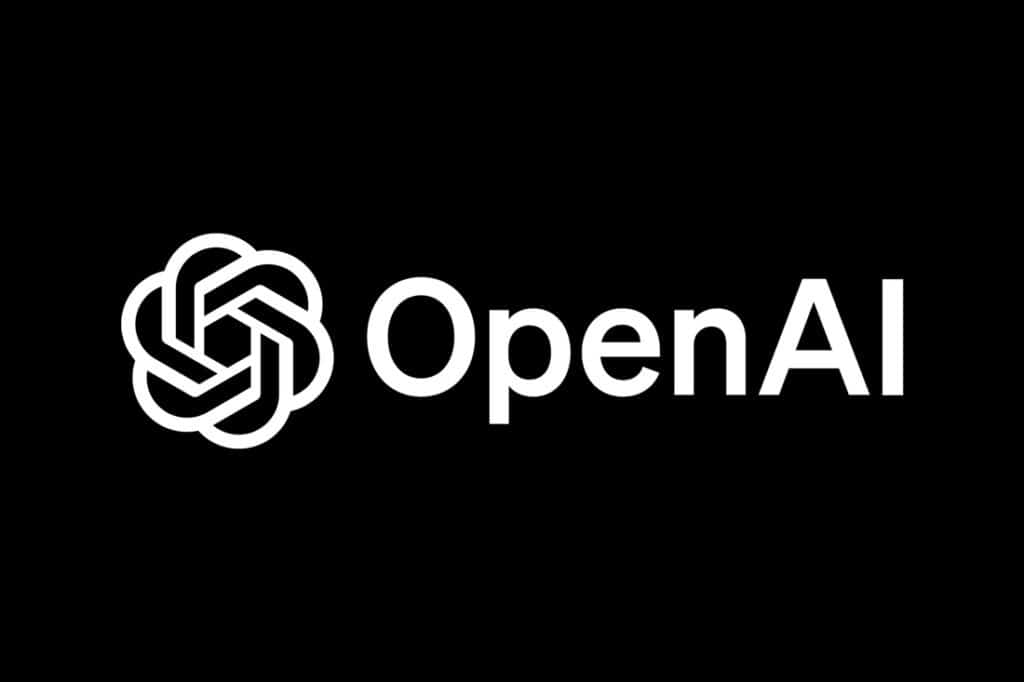The announcement of OpenAI’s $16 million licensing deal with Dotdash Meredith sheds light on a pivotal shift in how AI systems like ChatGPT are trained: by leveraging high-quality, human-generated content. This agreement signals a deeper collaboration between AI developers and media organizations, reshaping the relationship between technology and publishing while raising critical questions about ethics, economics and control over intellectual property.
AI’s appetite for licensed content
Training advanced AI systems like OpenAI’s ChatGPT requires vast amounts of high-quality data. Human-generated content—like the articles, reviews and tutorials produced by Dotdash Meredith—offers precisely the level of nuance and accuracy needed to improve AI responses. Licensing this content ensures OpenAI has access to reliable datasets without infringing on copyright, a growing concern among publishers.
Dotdash Meredith isn’t the first media company to ink such a deal. The Associated Press reached a deal with OpenAI in 2023 to license its archives. Meanwhile, other organizations, including Reddit, have restricted access to their data for AI training, citing concerns over usage and compensation.
Navigating the divide: Why some companies embrace AI and others push back
While some media companies see value in licensing deals, others remain hesitant. Outlets like The New York Times have explicitly blocked AI firms from accessing their content without permission, voicing concerns about copyright, fair compensation and potential competition. These organizations argue that allowing AI to train on their material could undermine their value by enabling AI-generated content to replicate their style and authority.

On the other hand, companies like Dotdash Meredith and the Associated Press see such partnerships as an opportunity to monetize their archives in a rapidly changing media landscape. These licensing agreements ensure fair compensation while maintaining some level of control over how their content is used in training AI models.
Licensing deals are a complete game changer
The price tag of OpenAI’s deal with Dotdash Meredith, at least $16 million per year, underscores the importance of obtaining curated, high-quality datasets. Licensing agreements serve several purposes:
- Ethical compliance: Media companies granting permission ensure their intellectual property is used responsibly and legally, sidestepping lawsuits or backlash from creators.
- Improved training data: Reliable, well-written content enhances AI capabilities, reducing the potential for inaccuracies or harmful outputs.
- Revenue for publishers: As traditional media continues to struggle with revenue, licensing agreements provide a new avenue for monetization.
Yet the approach also reveals a critical tension between AI firms’ insatiable demand for data and publishers’ rights to safeguard their work.
The future of AI and media collaboration
As AI development accelerates, more media companies will face decisions about whether to embrace or block AI training. Some may follow Dotdash Meredith’s lead, viewing collaboration as a way to remain relevant and profitable in an increasingly AI-driven world. Others may opt to protect their intellectual property, wary of AI’s potential to disrupt traditional journalism and content creation.
Meanwhile, governments and regulators are beginning to scrutinize these partnerships. Discussions about fair compensation for creators and safeguards against misuse of content are gaining momentum globally, with some policymakers calling for stricter guidelines to govern AI training data.
Why does this matter for businesses and individuals?
OpenAI’s licensing deals highlight the broader implications of AI’s reliance on human-generated content. For businesses, this signals an opportunity to leverage AI tools trained on premium data, leading to more accurate and reliable outputs. For individuals, it raises questions about the future of authentic storytelling, journalistic integrity and the value of human creativity in a world increasingly shaped by AI-generated material.
As AI continues to integrate into everyday life, the lines between human- and machine-created content will blur further. Licensing agreements like OpenAI’s with Dotdash Meredith could be setting the stage for a new era of collaboration between technology and traditional media—one that balances innovation with respect for creators.
Photo courtesy of OpenAI








